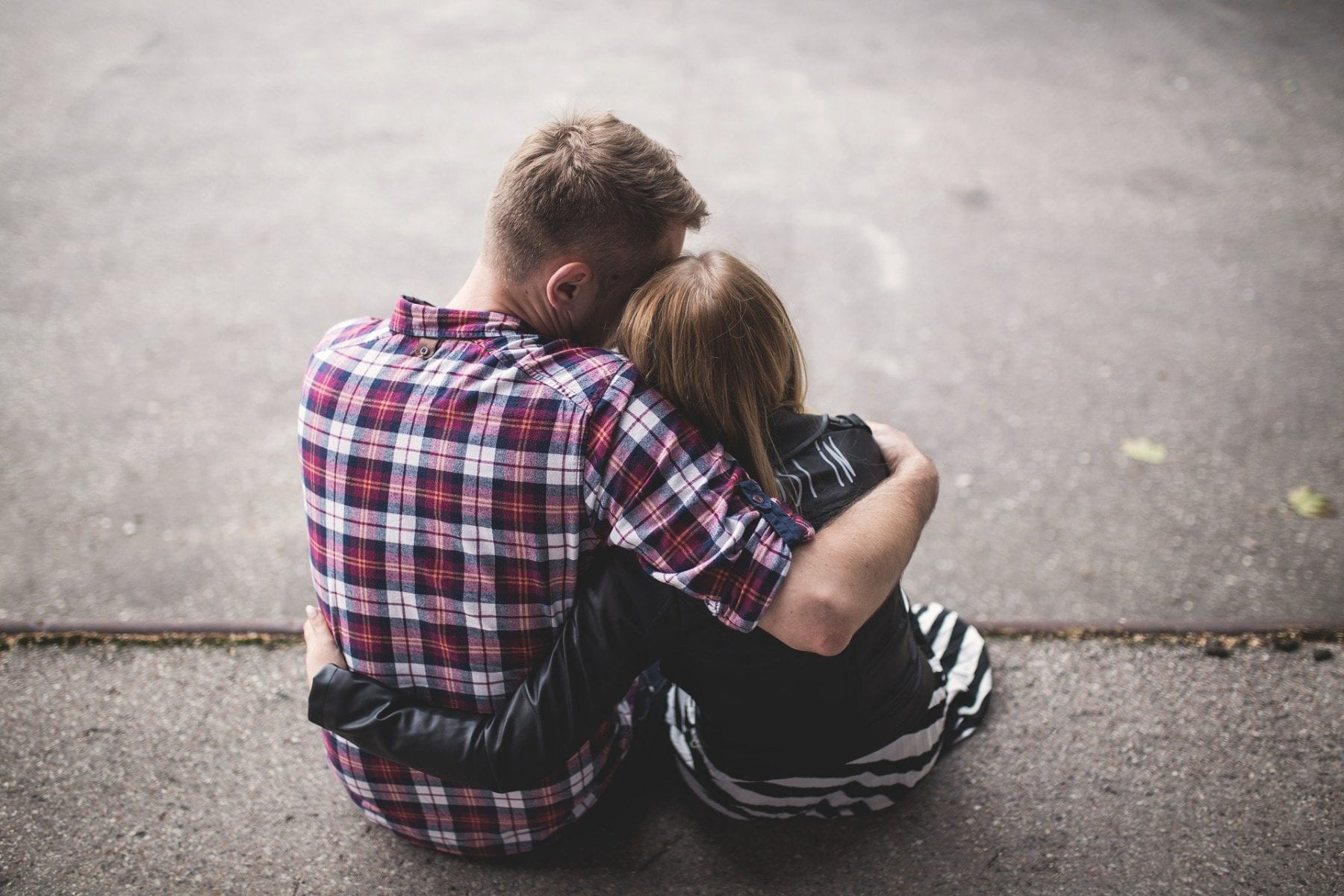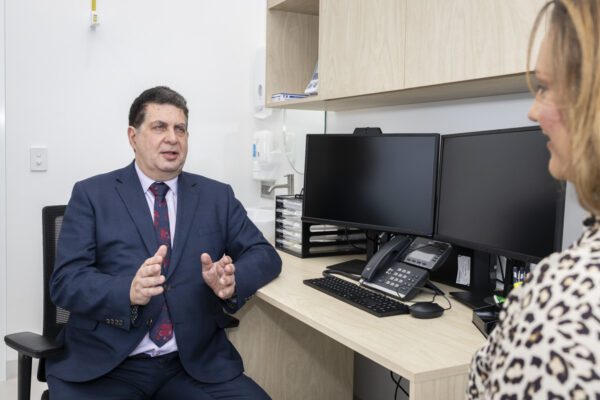
Finding an effective treatment for depression can be overwhelming. You may think that a successful treatment is elusive and impossible to achieve. With the correct support and a persistent attitude, depression is treatable. Learn about specific treatment for depression and discover what living well feels like.
You may find this article helpful if you are…
- Experiencing signs and symptoms of depression;
- Looking for treatment options for depression;
- Supporting a loved one with depression and looking for ways to help;
- Want to know more about depression.
One million Australian’s need to seek treatment for depression
Depression is one the most common types of mental illness in Australia, affecting more than one million men and women each year. Yet, treatments for the condition are rarely talked about, leaving those of us with the condition not knowing where to turn for help.
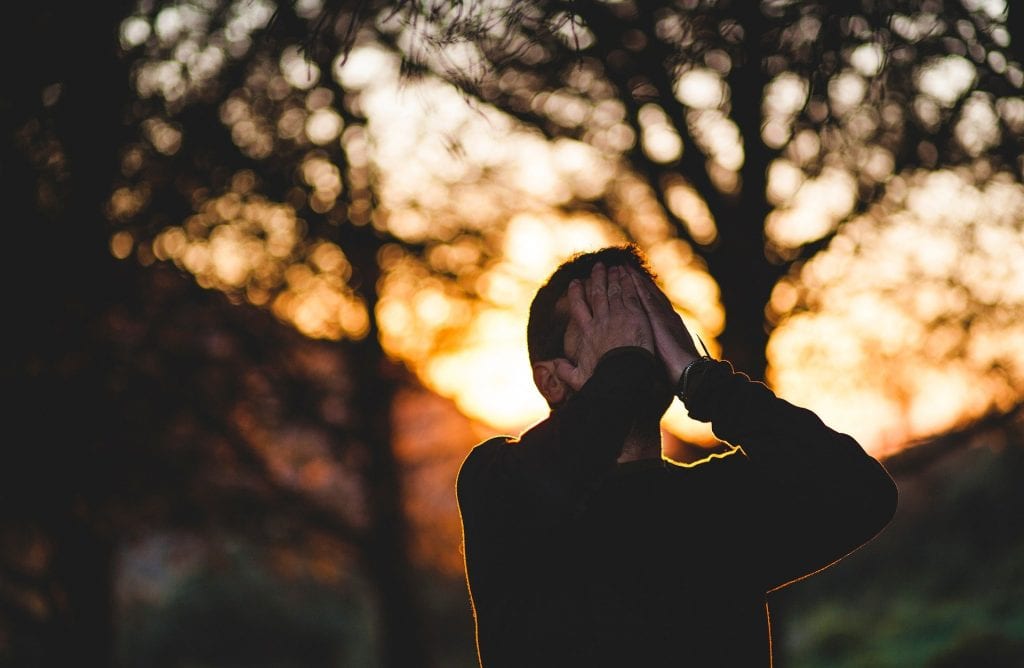
Management vs. treatment for depression. What is the difference?
A good way to understand the difference between treatment for depression and management of depression is to imagine your car.
Sometimes things go wrong – we may have an accident, the engine may have issues, or our vehicle may run out of fuel. In these instances, we need to book our car into the mechanic immediately, and a specific type of work will fix the problem, and get our car back on the road.
Related: Do you have signs and symptoms of depression?
Treatment for depression is similar to the “fix it” actions we do to our vehicles. When we are struggling to continue to live our everyday lives because of the signs and symptoms of depression, we need to take intentional action with intensive support from a professional.

Alternatively, we also do things every day to keep our car on the road safely. We fill it with petrol and check the oil, pump the tires with air and drive safely on the road.
Similarly, this type of upkeep represents management strategies for depression – the actions we take regularly to prevent a “depressive episode”. Our depression management activities may include a combination of exercise, proper nutrition, and positive wellness strategies, like meditation.
Related: Keeping yourself on the road – managing depression
Learn about the most common treatment for depression
The signs and symptoms of depression are varied, and most people experience depression in a unique way. Therefore, the way each person responds to each treatment will be different as well.

Regardless of your circumstances, signs and symptoms, seeking treatment for depression can provide life-changing benefits, that allow you to rediscover the fullness of life once again.
Talking therapies
Talking-based psychological therapies are the most commonly suggested type of treatment for depression. Usually undertaken with a registered psychologist or degree-qualified counsellor, emotional therapies can be highly beneficial in:
- understanding the cause of your depression;
- being equipped with helpful strategies to cope;
- relapse prevention and recovery support.
Acceptance and Commitment Therapy
Acceptance and Commitment Therapy (ACT) is particularly beneficial for individuals who experience recurrent depressive episodes. ACT teaches individuals to withstand distressing or unpleasant thoughts and emotions without letting them take control.
The goal of ACT is not to eliminate unwanted thoughts entirely. However, ACT teaches helpful, cognitive based skills to respond to difficult thoughts, experiences and feelings.
Often, the goals of ACT are achieved through the evaluation of personal values, imagery and mindfulness activities.
Cognitive Behavioural Therapy
Including aspects of behavioural activation and change, thought observation and intentional perspective reorientation, Cognitive Behavioural Therapy (CBT) is a widely adopted psychological treatment for depression.
Cognitive behavioural therapy is based on the idea that how we think and behave is deeply connected with how we feel.
It requires personal motivation to be effective and is most suitable for individuals who are task and/or results driven. It is a logical and structured approach to treatment for depression, focusing more on perception rather than emotions.
Dialectal Behaviour Therapy
Similar to CBT, Dialectal Behaviour Therapy (DBT) explores how our emotional reactions differ in intensity based on the situation or relationship. The theory helps individuals understand why they may become agitated or aroused more quickly than others, and how to self-regulate their emotions towards a more even keel.
Dialectal Behaviour Therapy incorporates skills founded in:
- mindfulness,
- distress tolerance,
- interpersonal effectiveness and
- emotional regulation.
This type of therapy helps individuals identify their positive attributes, and utilises those skills to create healthy coping skills and strategies.

Non-talking emotional therapies
Some people find that traditional talking therapies are not the most effective for treating their depression. The therapies described above require people to be able to articulate their thoughts – something that may be tricky for those who speak another language, or have limited self-reflection abilities.
Non-talking therapies are effective for individuals who have chronic or severe depression, where engaging in consistent conversation can be difficult. Therapies like equine therapy, neurologic music therapy, or art therapy are all research-based alternatives.
Equine assisted psychotherapy is based on the natural herd-based instinct of horses to communicate through body language. Through a variety of activities and natural relationship with the horses, individuals gain insight and understanding into issues that may be difficult for them to rationalise in talking based therapies.
Although Equine Assisted Therapy can have valuable benefits for all conditions, it is particularly beneficial for those who may feel like their issues are trapped in their mind.
To learn more about the power of Equine Therapy, you can read more about it here.
Neurologic Music Therapy
Neurologic music therapy is the use of musical concepts for improving emotional wellbeing. With more than 60 years of history in Australia, neurologic music therapy is a diverse and well-established therapeutic approach.

A neurological music therapy session varies for each person, and you do not need to have any prior musical experience to benefit from the therapy. Each session may include playing instruments with your therapist, analysing or writing lyrics, and exploring melodies that incite an emotional response.
Art therapy
Focusing on the creative use of fine arts, art therapy is an effective research-based therapeutic treatment for depression. Art therapy utilises creative processes such as painting, drawing or sculpting to express emotions and psychological distress. Oriented largely towards the process of art making, rather than the final product, many people find great relief from depressive symptoms through art therapy.

Residential treatment for depression
When depression is severe, some people may seek support from a residential treatment provider. These live-in facilities help people recover and build skills in a separated, safe environment with continual support and care.
Related: Choosing a private rehab program – how to spot a rehab wolf
There are many different types of rehabilitation treatment programs for depression, including private, hospital and charity programs. Each has unique benefits and disadvantages, and you are encouraged to research your options thoroughly before making an informed decision.

The Banyans Health and Wellness
There are many benefits of a private, residential treatment program like The Banyans Health and Wellness. Taking specific time away from the stressors of life to focus on your health and wellbeing is a powerful way to regain your resilience. You are also given an opportunity to develop sustainable management strategies to continue in your every day life.
Related: Benefits of a residential treatment program
Moreover, The Banyans therapeutically intense program for depression addresses the aspects of diet, nutrition, exercise, and sleep are not only coordinated with the support of other professionals in the program, but are also scheduled into the daily program. This frees time in your individual psychology and alternative therapy sessions to address deeper concerns driving your depression.

Related: The medical based retreat changing private rehab
Curious to learn more about The Banyans Health and Wellness?
Seek treatment for depression at Australia’s best, medically supported private rehabilitation centre. Accepting guests from Australia and around the world, our personalised programs offer you the best chance of ongoing recovery.
Continue reading below
Medical treatments for depression
Medications are also a common and popular method of depression treatment. There are very different types of medications available, each with their own benefits and side effects.
Related: Ask the Experts – the power of medical support in depression recovery
Before beginning medication for depression, you should always discuss your unique situation with a treating psychiatrist, and your therapist and general practitioner. Your psychiatrist is a medically trained Doctor, who has specialised in mental health conditions like depression. They will be able to prescribe and monitor your medications closely for their effectiveness.

There are many different types of medications, and it is important that you are well educated on your preferred type prior to starting it. Only take medications prescribed to you under the guidance of treating healthcare professional.
The most common types of antidepressant medications include:
- selective serotonin reuptake inhibitors (SSRIs),
- noradrenaline reuptake inhibitors,
- serotonin and noradrenaline reuptake inhibitors (SNRIs), and
- tricyclic antidepressants (TCA’s).
Selective Serotonin Reuptake Inhibitors
Selective Serotonin Reuptake Inhibitors (SSRIs) are the most commonly prescribed antidepressants. They have a wide number of dosages, and often report short-lasting side effects.
SSRIs work by selectively influencing your serotonin levels in the brain. These medications prevent the reuptake of your naturally produced serotonin by cells that don’t use it – making sure it’s available for those that do. Serotonin as a neurotransmitter (or brain chemical) that plays an important role in mood stabilisation and feelings of happiness or wellbeing.
This short video further explains how SSRIs work to help alleviate symptoms and treat depression.
Common SSRIs include: citalopram, escitalopram, fluoxetine, fluvoxamine, paroxetine, and sertraline.
Serotonin and Noradrenaline Reuptake Inhibitors
Serotonin and Norepinephrine Reuptake Inhibitors (SNRIs) work in the same way as SSRIs. In addition to preventing the reuptake of serotonin, they also prevent the reuptake of norepinephrine. Norepinephrine is also referred to as noradrenaline by some academic and medical sources.
Norepinephrine is an additional neurochemical that influences mood stabilisation. Low levels on norepinephrine is also associated with symptoms of low motivation, alertness and energy. SNRI’s help to alleviate these symptoms by reducing uptake of norepinephrine by unnecessary cells.
Common SSRIs include: duloxetine, venlafaxine, and desvenlafaxine
Tricyclic Antidepressants
These types of medications are often used others have not worked as you would have hoped. Although tricyclic antidepressants (TCAs) may come with more side effects than the other types of medications, many people find relief from tricyclic antidepressants.
These medications work by regulating the production of serotonin and norepinephrine, and downregulating the production of acetylcholine. By restoring the balance of these neurotransmitters in the brain, some people can experience alleviated symptoms of depression.
Common TCA’s include: mipramine, nortriptyline, amitriptyline, doxepin and desipramine.
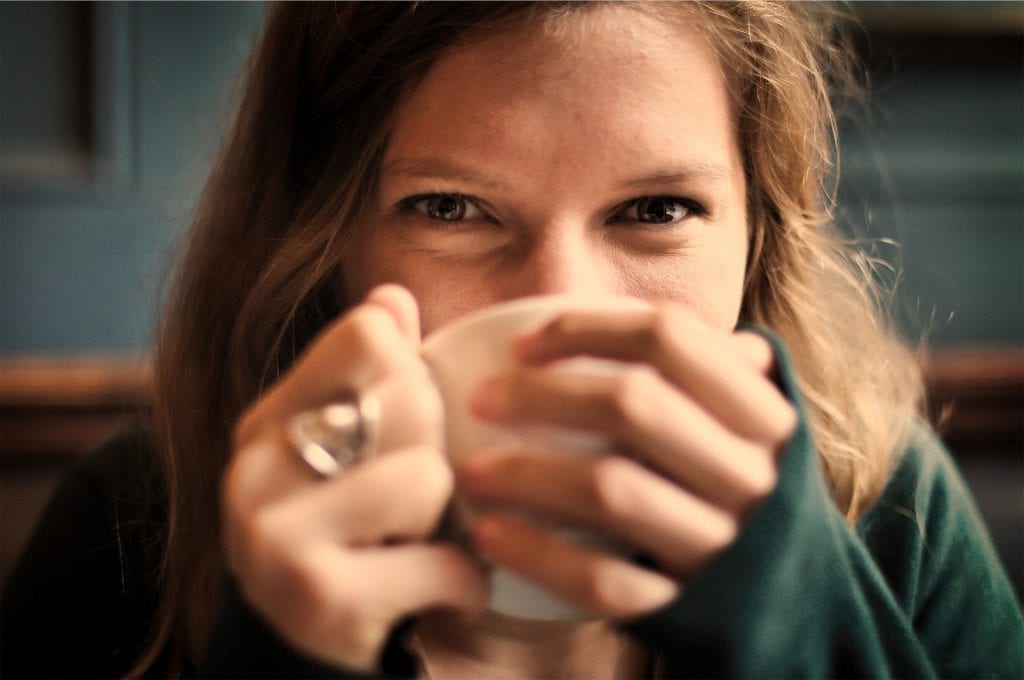
Knowing that it’s time for treatment.
Deciding that it is time for treatment for depression is a brave step. But it definitely takes time, and not everyone with depression is ready to take action. So how do you know if it’s time to begin seeking recovery?
Related: The fives stages of change – is it time for action?
1. The signs and symptoms of depression are having an impact on your life.
There are many different types of depression, and each person may experience a unique combination of signs and symptoms. Whatever depression looks and feels like for you, it is likely having an impact on your life.
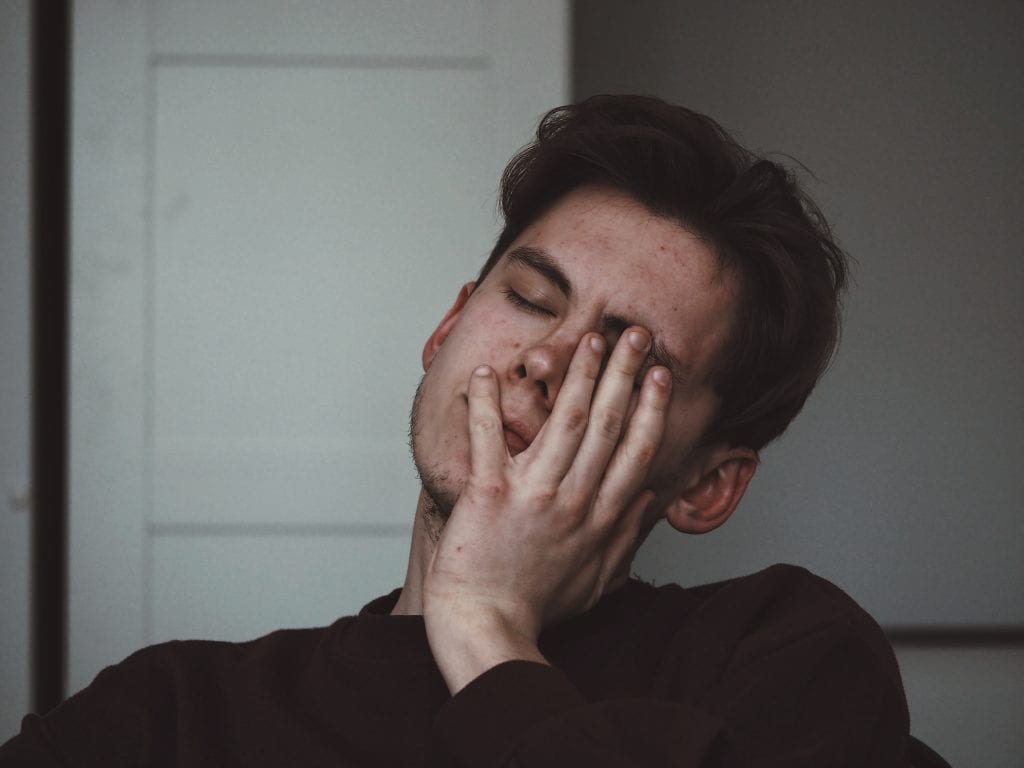
Consider the following areas, and notice how you are being impacted by depression. If you can identify one or more areas that are suffering, you would likely benefit from treatment.
- Emotional wellbeing and thought-life;
- Occupation and productivity, including the ability to concentrate and creatively problem solve with new ideas;
- Social engagement and relationships;
- Physical health and wellbeing, including unexplained aches and pains, digestive difficulties, or behavioural changes.
2. Your loved ones have suggested you may need help for your depression.
If we have been living with depression for a long time, we may misinterpret some of our experiences as normal. “Doesn’t everybody feel like this?”
In the case that your loved ones have expressed concern, it is likely that a treatment option will be helpful for you. You could also refer them to our Support and Coaching options, or perhaps a support guide resource, both tailored for loved ones.
3. You are reading this article.
If you are beginning to explore options about treatment for depression, it is likely that you are ready to take action.
But your unmatched potential, resilience and love for life is only a phone call away. Some simple ways you can begin your treatment for depression include:
- Contacting a private, residential treatment centre like The Banyans;
- Booking an appointment with your local doctor to discuss a referral to a treating psychologist and psychiatrist;
- Calling your local therapeutic providers to explore your options for psychological and emotional therapy.

We know that depression is hard, and taking steps towards recovery can be even harder. The Banyans has helped hundreds of people discover their options for treatment.
The Banyans Health and Wellness is available 24/7 to help you begin your journey towards freedom from depression. You can call anytime on +61 1300 226 926 or submit an online enquiry to begin learning how we can help you rediscover the fullness of life.
Have questions? Talk to our expert team


